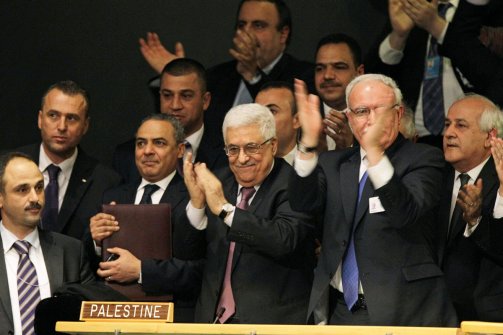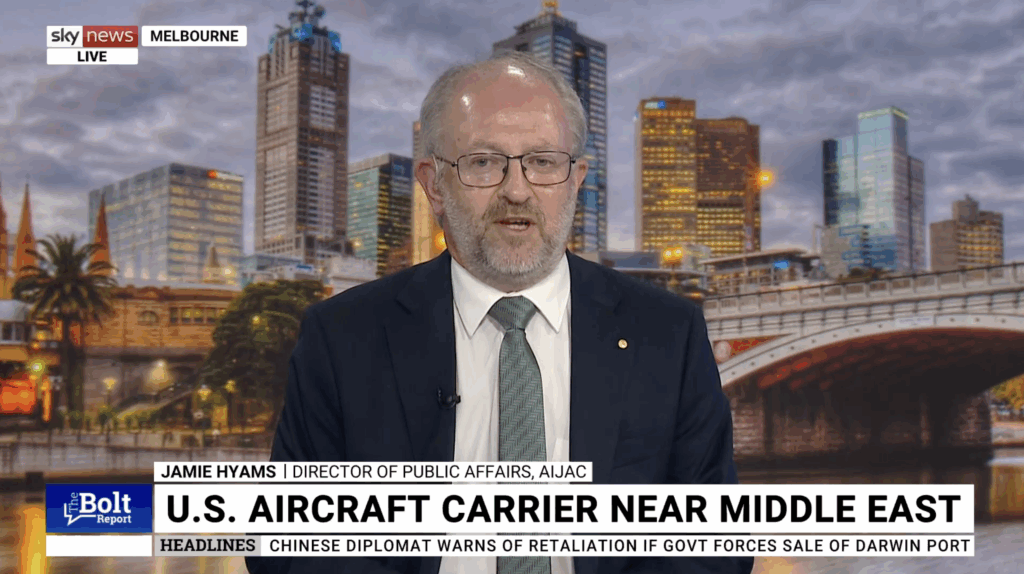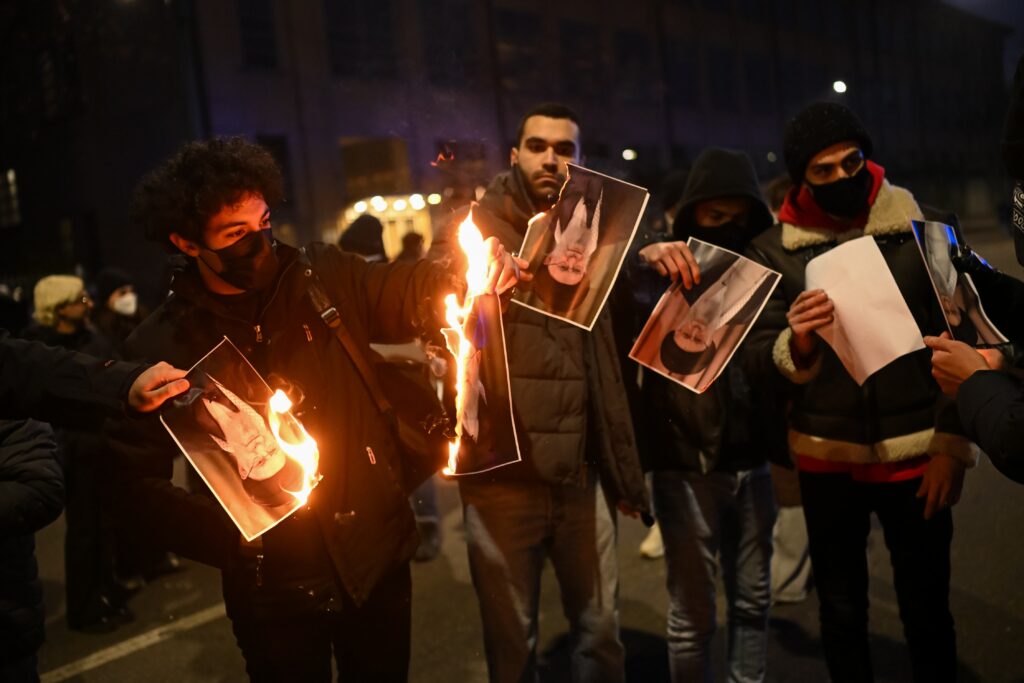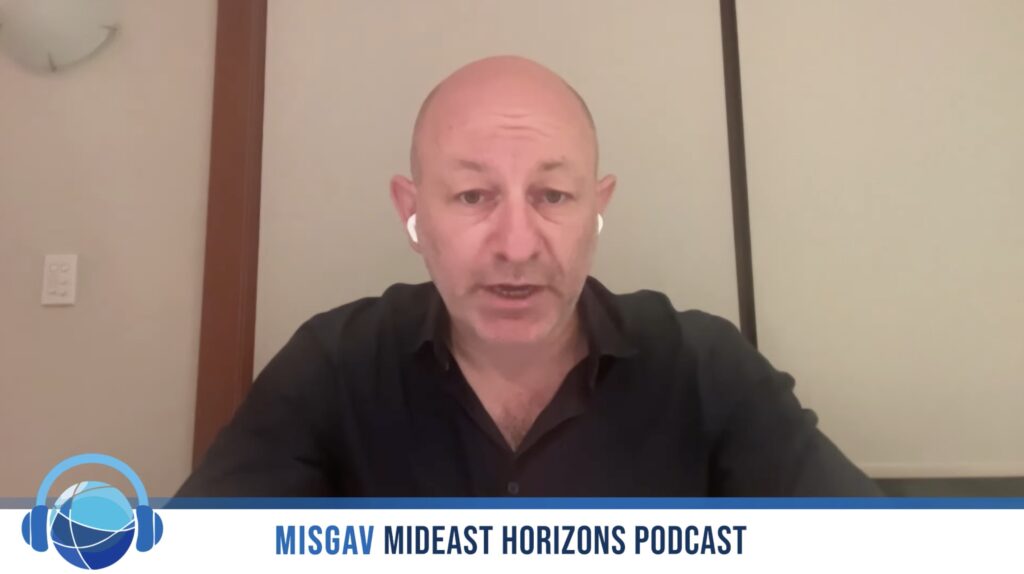IN THE MEDIA
Voting for “lawfare”, not Palestinian statehood
November 30, 2012 | Daniel Meyerowitz-Katz

Daniel Meyerowitz-Katz
Australian Financial Review – 30 Nov 2012
It appears that Australia chose to abstain from the UN General Assembly’s vote to upgrade the status of the Palestinian delegation from “observer” to “non-member state”. This was reportedly due to lobbying from within the Labor Party – particularly by former foreign minister Gareth Evans – to the effect that Australia would be on the “wrong side of history” if it were to “resist the tide of international sentiment now in favour of recognising Palestinian statehood”.
The founder of modern Zionism, Theodore Herzl, is perhaps best remembered for his maxim that “if you will it, it is no dream”. Herzl worked tirelessly for half of his life to attempt to bring his dream of a homeland for the Jewish people into reality – yet it took more than 40 years after his death before the state of Israel actually came into being.
The Palestinian bid, by contrast, seems premised on the idea that a state can simply be willed into being by the international community.
That is not only a fantasy; it may very well harm prospects for peace between the two sides. The bid will not create a state, but it will give the Palestinian Authority the opportunity to begin a new “lawfare” front against Israel in a variety of international institutions – particularly the nascent International Criminal Court.
While Evans maintains that the ICC is “not a kangaroo court”, it is a young institution struggling to gain credibility. Becoming embroiled in the Israeli/Palestinian mess at the UN is the last thing it needs. UN institutions have a less-than-stellar history of giving fair hearings where Israel is concerned, many having been hijacked by the anti-Israel forces in the UN and become anti-Israel mouthpieces rather than legitimate organisations.
Evans’s argument is that “it is overwhelmingly in Israel’s own interest to defuse this issue by accepting, once and for all, that Palestinian statehood is an indispensable requirement of its own long-term peace and security”. This statement is undeniably true, but also redundant. There is already a political consensus in Israel recognising the need for Palestinian statehood. It is today hardly a matter of controversy or debate. Israel’s Prime Minister, Benjamin Netanyahu, broke significant ground shortly after being elected by making a speech to the same effect – meaning that, for the first time, every major Israeli political party was committed to the idea of two states for two peoples.
In fact, Netanyahu has been openly and publicly calling for Palestinian Authority President Mahmoud Abbas to negotiate with his government for four years. In 2010, he even froze settlement construction for 10 months – which has always been the precondition that Abbas claimed to be setting for negotiations.
Abbas refused to negotiate before the settlement freeze and, barring one glorified photo-op, he refused to negotiate during the settlement freeze. After the freeze ended, he continued to refuse to negotiate, now on the basis that there was no settlement freeze.
It is surprising Evans would forget these events so quickly. Just last week, he wrote that “Israel should treat the UN vote not as an excuse for renewed confrontation, but as an opportunity for a fresh start to serious negotiations”, as though it has been Israel that has refused to negotiate. What Evans failed to do was make a discernible case for how exactly upgrading Palestine’s status at the UN will affect negotiations one way or the other.
One country that will almost definitely vote against the bid is the US, which also happens to be the single largest funder of the PA – providing around a quarter of its annual revenue, which is four times the amount donated by the next largest donor state – and the major partner in the PA’s institution-building program, which includes equipping and training the Palestinian security forces.
These programs are allowing the PA to transform what was a rag-tag militia into a largely functional police force and therefore helping to rein in endemic corruption and implement rule of law. Laws already in place in the US mean that much of that money is likely to be stopped if the UN bid, which violates major provisions of the Oslo accords, goes ahead.
While the “tide of international sentiment” to recognise Palestinian statehood may be unstoppable, most of those countries are doing little if anything to help the Palestinians in a concrete way.
It is absurd to suggest that opposing the bid would place Australia on the wrong side of history. History will favour those that helped to build a viable Palestinian state, not those that recognised its existence prematurely.
To be on the right side of history, Australia should be opposing this threat to peace and stability in the region, and instead pressuring Abbas to return to negotiations with Israel so that he can actually achieve statehood for his people.
Daniel Meyerowitz-Katz is a policy analyst at the Australia/Israel & Jewish Affairs Council.
Tags: Australasia





